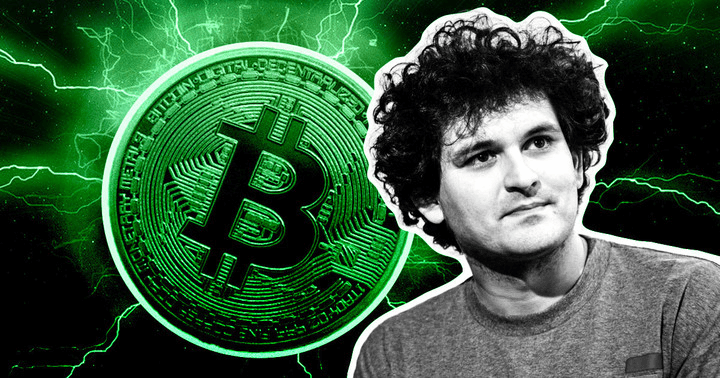 SBF does not see Bitcoin becoming a payment network, lampoons its energy consumption
SBF does not see Bitcoin becoming a payment network, lampoons its energy consumption SBF does not see Bitcoin becoming a payment network, lampoons its energy consumption
SBF believes that proof of stake networks like Solana, Avalanche, and others are the future of payment networks.

Cover art/illustration via CryptoSlate. Image includes combined content which may include AI-generated content.
Sam Bankman-Fried (SBF), the CEO and founder of leading crypto exchange FTX, said in a recent interview with the Financial Times that he does not think Bitcoin has a future as a payment network.
SBF continued that the environmental impact of Bitcoin mining, alongside the fact that the coin is “inefficient,” would count against it in the long run.
PoS networks are the future of payments
SBF said digital currencies running on proof of stake networks like Solana, Avalanche, and others are the future of payment networks.
He added that these networks already have the advantage of lower energy consumption and cheaper costs. So, they could be forced to evolve into the choice network for crypto payment.
In his words,
The Bitcoin network is not a payments network, and it is not a scaling network. Things that you’re doing millions of transactions a second with have to be extremely efficient and lightweight and lower energy cost. Proof of stake networks are.
In 2021, Avalanche founder Emin Gün Sirer said that Bitcoin could become obsolete as newer blockchains like Ethereum, Solana, and others have multiple use-cases.
In his view, Bitcoin’s “speed,” alongside the fact that the blockchain does not host smart contracts, makes it difficult for decentralized applications to be built on top.
SBF believes these shortcomings would allow Bitcoin to “be taken over by other systems that are growing.”
Bitcoin is a store of value
However, SBF didn’t entirely dismiss Bitcoin. He believes the crypto king has a future as “an asset, a commodity and a store of value.”
SBF’s view is not entirely surprising; some crypto community members also think that the flagship digital currency is more of a store of value than a payment option.
The billionaire also rehashed the usual criticism against Bitcoin, saying that the community has to work to avoid
Spending 100 times as much eventually as we are today on energy costs for mining.
Meanwhile, Greenpeace, a non-profit environmental organization, called for a change to the Bitcoin consensus model in a campaign tagged “Change the Code, not the Climate” in March.
However, the Bitcoin community reacted negatively to the campaign, saying that changing the coin’s code would have a ripple effect on the network’s architecture and jeopardize its security.



 Farside Investors
Farside Investors 


 CoinGlass
CoinGlass 

























































































